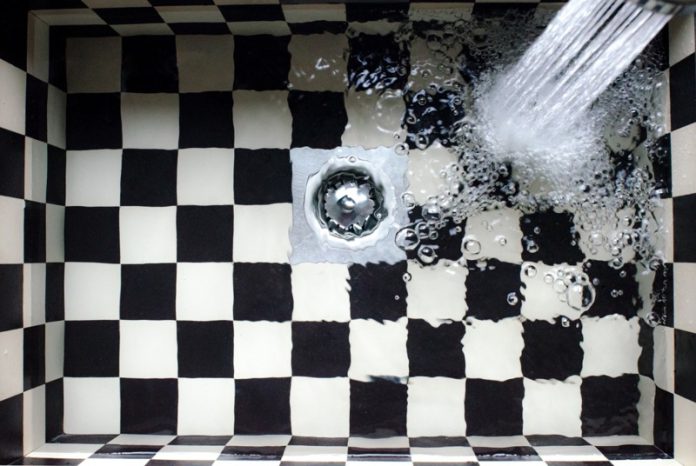Blocked drains are a common problem reported by most homeowners. If the issue is not appropriately solved on time, it can cost homeowners a fortune. There are many reasons behind blocked drains, but knowing the exact cause is vital to prevent its reoccurrence.
This article will discuss the top four causes of blocked drains and prevention techniques that could protect you from a lengthy repair bill.
1. Grease and Fat
Grease and fat are two of the most common causes of drain blockage. Due to their sticky properties, these fatty substances get attached to the pipe’s insides, which gradually clogs the drain, eventually causing the blockage.
2. Hair
You may wonder how hair can cause any significant blockage, but when hairballs are stuck in the pipe, it causes a massive blockage. This is also why most bathrooms have poor drainage. Hairballs in pipelines are like rocks; they will block them and cause serious blockage issues.
3. Foreign Objects
Foreign objects are another major cause of blocked drains. Plastic is the number one culprit, as it prevents efficient drainage. Other debris like leaves, twigs and sanitary items might also be causing the issue. Over time, they will build up inside the pipes, which in severe cases can lead to water leakage and burst pipes.
4. Toiletries
Toiletries like toilet paper and baby items are most likely to cause blockage. For example, when toilet papers are flushed down the drains excessively, they stick to the pipes or get attached inside the pipe, resulting in obstruction.
Ways to Prevent Drain Blockage
This section will tell you about different tips to fix a blocked drain.
1. Use a Drain Strainer
You can use a drain strainer to prevent small foreign objects from getting in the drain. A drain strainer is placed at the opening of the drainage; you can get these from local stores.
2. Clean the Kitchen Pipes
To prevent grease build-up in kitchen pipes, use chemical agents that eat away the grease and protect the pipe’s lining. You can find special cleaning agents specific for clearing grease in kitchen pipes.
3. Use Hot Water
Hot water is the best protection for drainage pipes. Pour some at night on alternate days to clear debris and other impurities from the drainage pipes.
4. Do Not Flush Non-Toilet Paper Products
Ensure you do not flush down non-paper products like pads, plastic, tampons, wrappers, and cotton. Since they are solid objects and don’t drain easily, it’s best not to use the toilet to flush them.
5. Have Regular Pipe Inspections
This is something that can prevent the issue from snowballing. The drainage pipes and other such fixtures should be properly inspected, preferably once a year, by an experienced plumber. A regular inspection doesn’t cost much, but the same problem might cost you a lot if not done.
Maintaining house pipes and drainage should be a part of your monthly routine. Such problems start small but grow if left unchecked.

